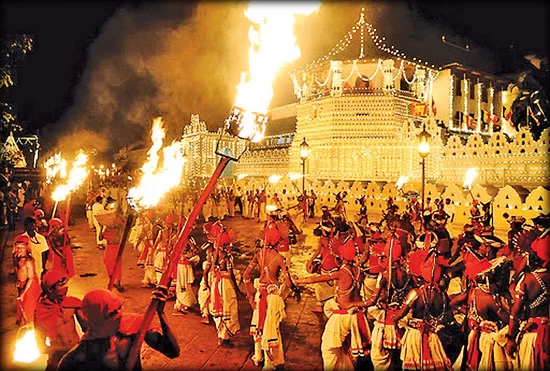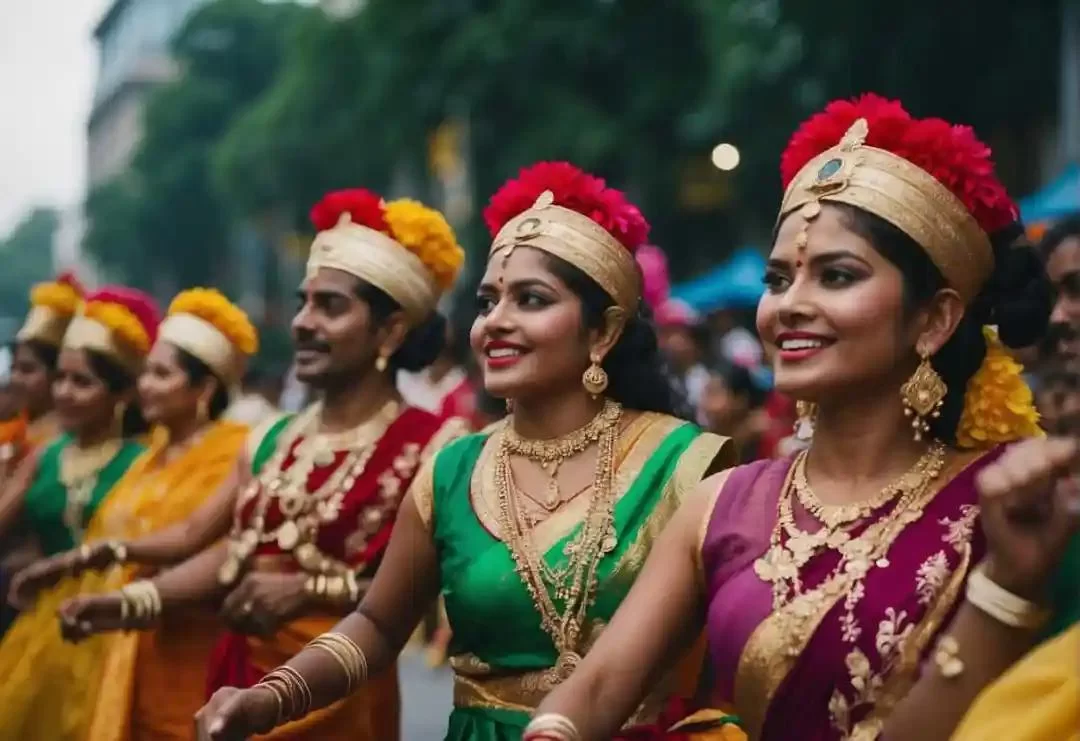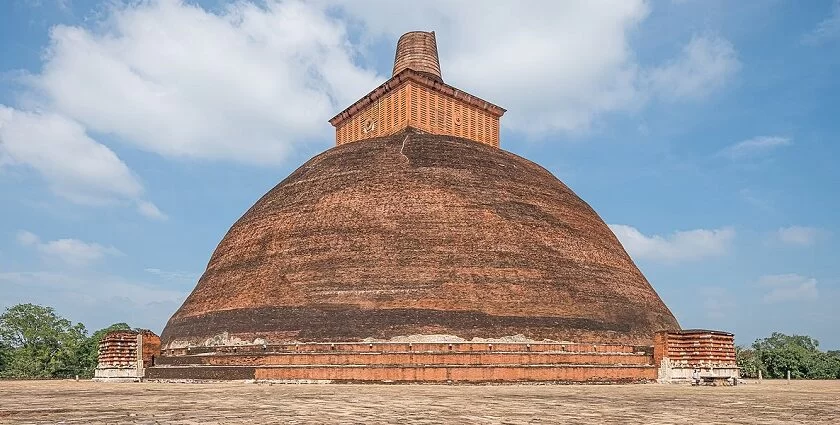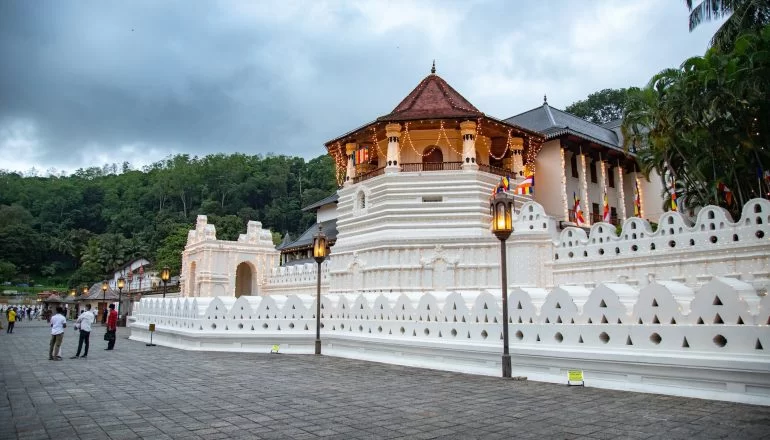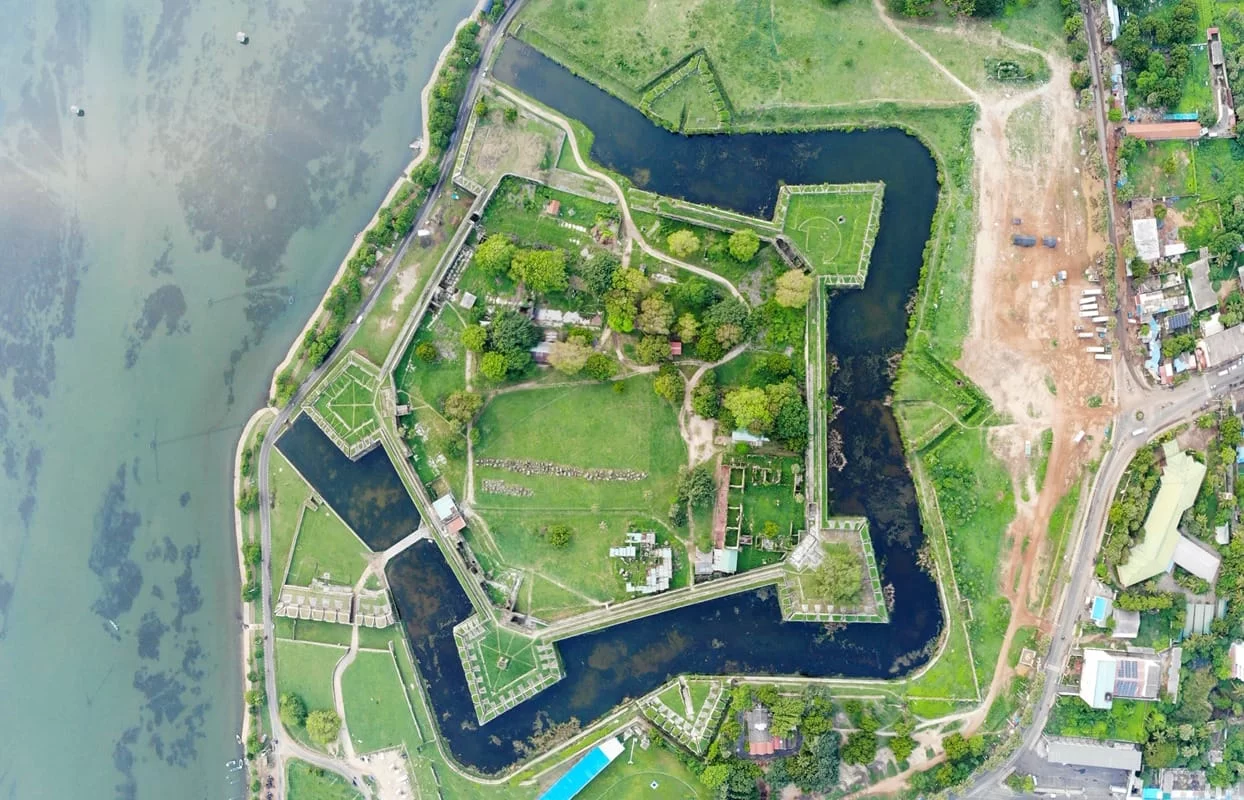Tamil Wedding Traditions in Sri Lanka: A Rich Cultural Experience
- Introduction to Tamil Weddings in Sri Lanka
- Pre-Wedding Rituals in Tamil Weddings
- The Wedding Ceremony: Rituals and Customs
- Post-Wedding Ceremonies and Traditions
- Planning a Tamil Wedding in Sri Lanka
Introduction to Tamil Weddings in Sri Lanka
Tamil weddings in Sri Lanka are steeped in rich cultural traditions and rituals that have been passed down for generations. These weddings are not just a union of two individuals, but rather a celebration of Tamil heritage and family. The ceremony is filled with symbolic rituals that honor the importance of marriage in Tamil culture.
Sri Lanka’s Tamil community, primarily located in the Northern and Eastern provinces, has preserved these age-old customs, blending them with the island’s natural beauty and vibrant traditions. From the colorful attire to the sacred ceremonies, Tamil weddings in Sri Lanka offer a unique and immersive experience for both the couple and their guests.
Pre-Wedding Rituals in Tamil Weddings
The pre-wedding phase of a Tamil wedding is a time of joy, anticipation, and spiritual preparation. Several key rituals take place before the wedding day to ensure the couple is ready for their new life together. Some of the most important pre-wedding rituals include:
- Engagement Ceremony: The engagement is a significant event, where the families of the bride and groom formally agree on the union. This ceremony often involves the exchange of rings and a traditional prayer to seek blessings.
- Naandi Pooja: This ritual is conducted to seek divine blessings for the couple and their families. It is often held at the bride’s home and involves prayers, offerings, and the tying of sacred threads to ward off evil spirits.
- Mehendi Ceremony: While more common in other parts of South Asia, the mehendi ceremony is also a part of Tamil weddings in Sri Lanka. The bride’s hands and feet are adorned with intricate henna designs, symbolizing good luck and prosperity.
The Wedding Ceremony: Rituals and Customs
The Tamil wedding ceremony itself is a grand event, often taking place in a temple or an elaborate wedding hall. It is a blend of cultural and religious practices, with each ritual holding deep significance. Some of the most notable customs include:
- Kalyanam: The central wedding ritual involves the bride and groom exchanging vows in front of a priest. The couple walks around the sacred fire (Agni), symbolizing the binding of their souls and their commitment to each other for seven lifetimes.
- Thali Ceremony: One of the most iconic rituals in Tamil weddings is the tying of the thali, a sacred pendant worn by the bride. The groom ties this symbol of commitment around the bride’s neck, marking the official start of their married life.
- Varam: The bride’s father gives the bride away to the groom in a ceremony called Varam. This ritual signifies the bride’s transition from her parental home to her new life with her husband.
Post-Wedding Ceremonies and Traditions
After the wedding ceremony, several post-wedding rituals take place to signify the couple’s new life together. These ceremonies often include family gatherings and blessings from the elders:
- Reception: A celebratory reception is often held, where the couple is introduced to the extended family and community. It is a time for guests to offer their congratulations and blessings.
- Grihapravesham: This is the bride’s formal welcome into the groom’s home, symbolizing her new role in the family. A traditional pooja (prayer) is performed to bless the couple’s new home and life together.
- Vidai: The bride’s departure from her parental home is an emotional moment. The Vidai ceremony marks her new journey as a married woman and signifies her departure from the home she grew up in.
Planning a Tamil Wedding in Sri Lanka
For those interested in experiencing or hosting a Tamil wedding in Sri Lanka, it’s essential to plan carefully to ensure all traditions are honored. Whether you’re a couple or a guest, here are some key considerations for making the most of a Tamil wedding:
- Choosing the Right Venue: Many Tamil weddings in Sri Lanka take place in temples or specialized wedding halls that offer the space and atmosphere required for the elaborate rituals. Popular locations include the northern and eastern parts of Sri Lanka.
- Hiring a Skilled Priest: The presence of a skilled priest is essential to perform the various wedding rituals correctly. Make sure to consult with your family and community to find an experienced priest who is familiar with the customs.
- Traditional Attire: For guests, wearing traditional Tamil attire such as a sari for women and a veshti or dhoti for men is customary. This adds to the authentic experience and honors the cultural significance of the event.
If you're planning a wedding or attending one, the experience is sure to leave you with lasting memories of Sri Lanka's rich Tamil culture. For more details and assistance in planning your trip or wedding, visit Tamil Travel Lanka.

